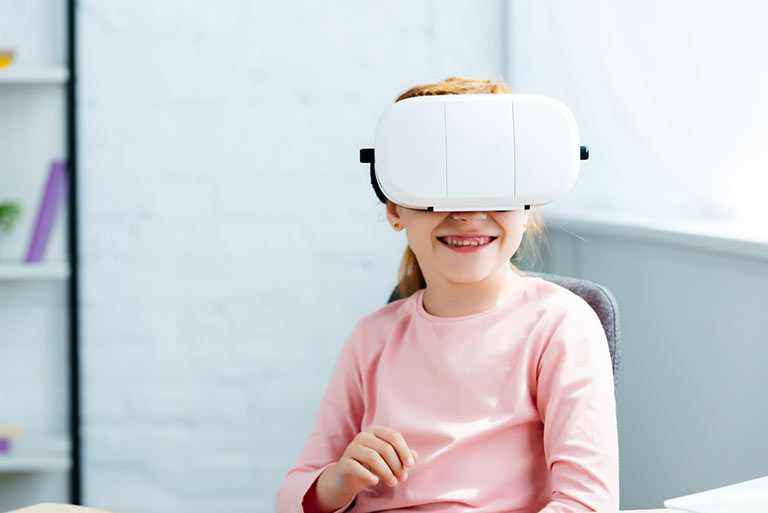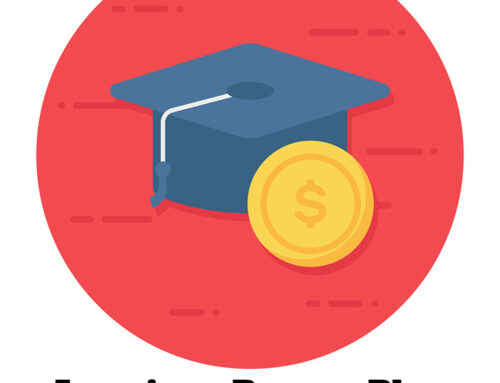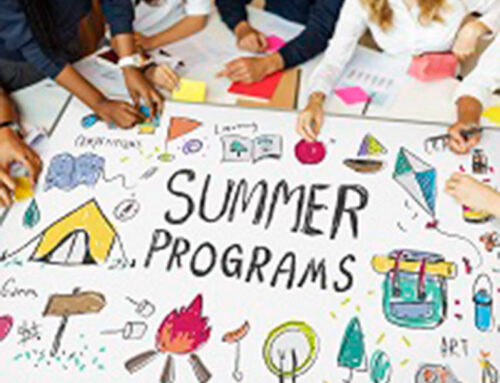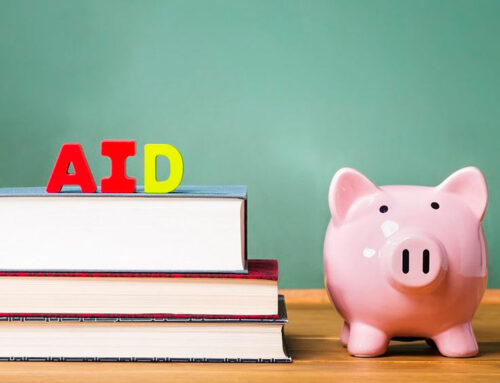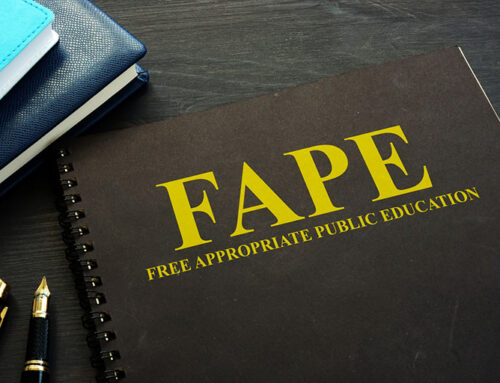Review the latest information related to the coronavirus disease 2019 (COVID-19) pandemic. Our special education attorneys and advocates can help you and your child prepare for the return to school.
Virginia Department of Education (VDOE)
- James F. Lane, the superintendent of public instruction, released a memorandum on August 28, 2020 reminding public school divisions of the statutory and regulatory requirements for the 2020–2021 school year.
- Public school divisions are still required to deliver new instruction, including the standards of learning, course objectives, and course content for the upcoming school year.
- Divisions are expected to meet state and federal obligations for students with disabilities, as the U.S. Department of Education has not issued any waivers relating to the Individuals with Disabilities Education Act (IDEA).
Alexandria City Public Schools (ACPS)
- ACPS has acknowledged that some families are forming learning pods. They are unable to help organize these or reconfigure class placements because it would not align with their principles of equity.
- ACPS is confident that the Virtual PLUS+ learning experience will not require the addition of private tutors, although they understand families are entitled to find the best options to suit their needs.
Fairfax County Public Schools (FCPS)
- To support families during virtual learning, FCPS has launched a new Parent Technology Help Desk, which can be reached at (toll-free) 833-921-3277. It will be answered by staff members between 7 a.m. and 11 p.m. every day of the week.
Prince William County Schools (PWCS)
- In an update in mid-August, Superintendent of Schools Dr. Steve Walts explained that some of the special education students considered for in-person learning will include those who spend more than 50% of their time in a special education setting. PWCS will also consider students who have challenges learning in a virtual environment due to their disability.
- PWCS anticipates that about 1,200 special education students or English learners will be able to have in-person learning, out of the 91,000 students in the school system.
